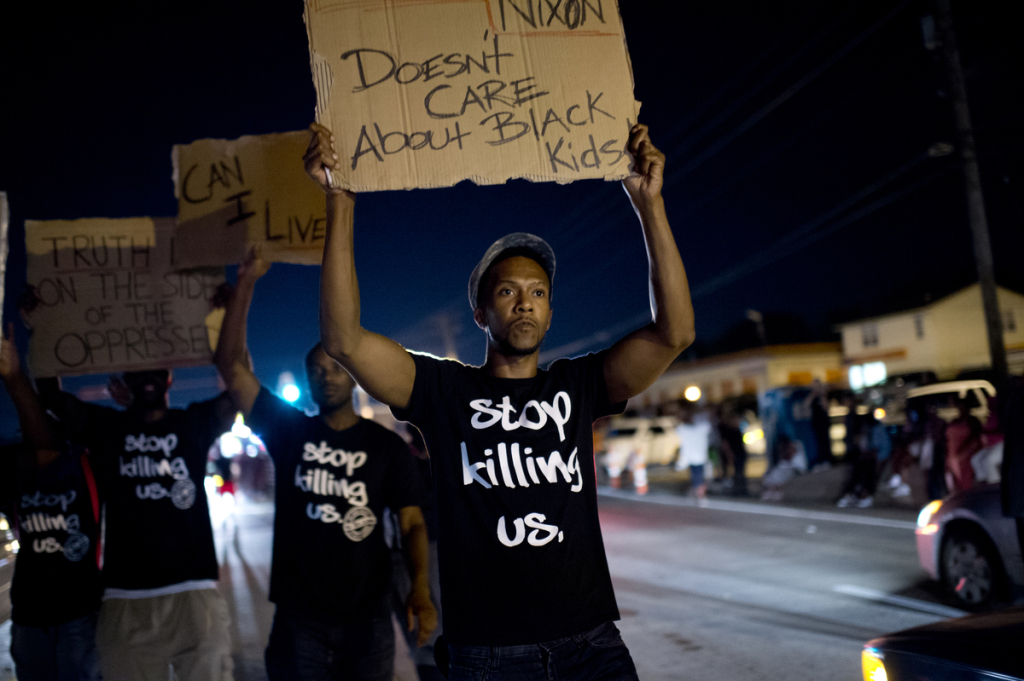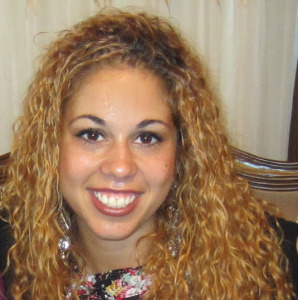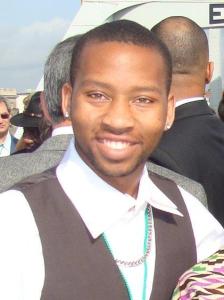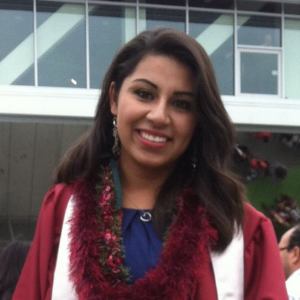Oakland Youth Head to Ferguson, MO for National Weekend of Resistance
Oct 11, 2014
Posted in Education/Schools/Youth, Equal Rights/Equity

By Post Staff
Four young people from the Martin Luther King Jr. Freedom Center in Oakland will travel this weekend to Ferguson, Missouri to join in a national effort to stand united against
police violence and excessive use of force in Ferguson, across the country, and in the world.
The delegates from Freedom Center in Oakland, which promotes the principles of nonviolence and offers an environment where young people actively seek peaceful, nonviolent solutions to the difficult challenges people face in their communities.
Eric Fuller, Maira Perez, Jabari LaChaux, and Rasmyah Hammoudeh will be in Ferguson to join the National Weekend of Resistance sponsored by diverse clergy, labor, education, peace, and community organizers.

“We know it’s the right thing to do, and we want to show solidarity to all of the people to there who are struggling for justice against police brutality,” said 18-year-old Perez, a student at Mills College. “There’s a lot of work ahead of us, and I’m excited to be a part of that.”

LaChaux, 21, is a student at Merritt College. He says the trip is important because it “aids the global consciousness on violence and brutality.”
The Days of Resistance are sponsored this weekend by scores of national organizations including the NAACP, National Organization of Women,
Fellowship for Reconciliation, interfaith clergy and Veterans for Peace.
This national call for an united interracial, intergenerational response to the brutal killing of Michael Brown, the unarmed Black teen who was shot and killed by police in Ferguson, is designed to send a message to St. Louis area and the nation: “Black lives matter, Not One More.”


In Ferguson the delegates will join in organized rallies, marches, and panel presentations, meet with regional coordinators, document experiences, and return to student and community organizing roles with lessons to assist in addressing local and regional abuse of force actions.